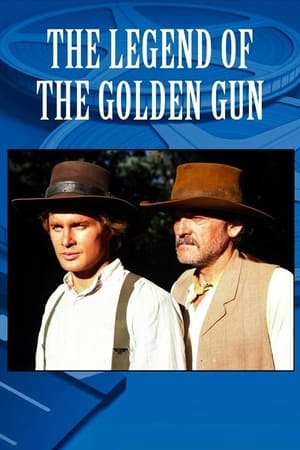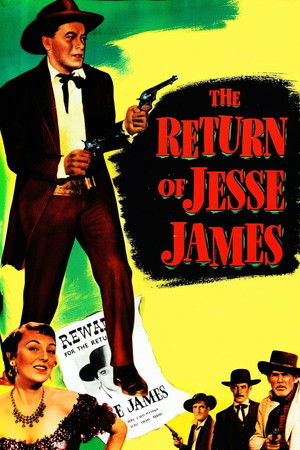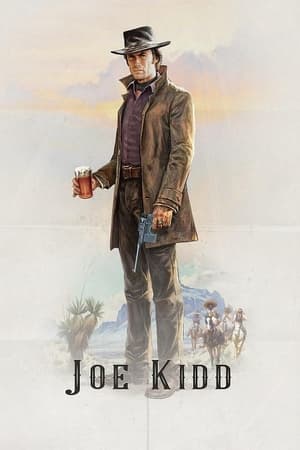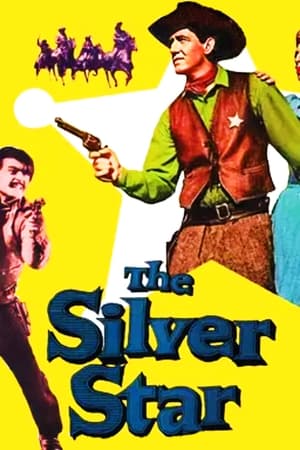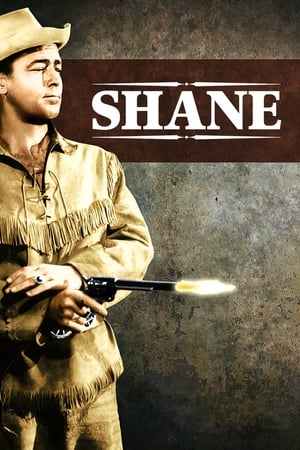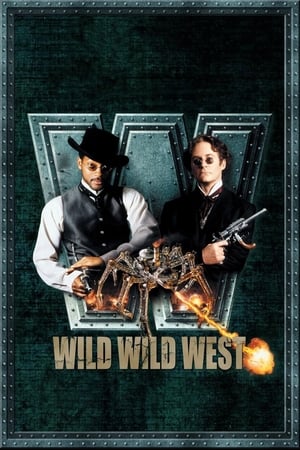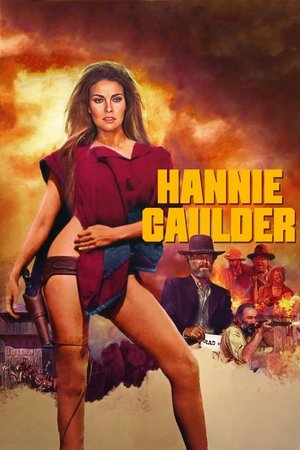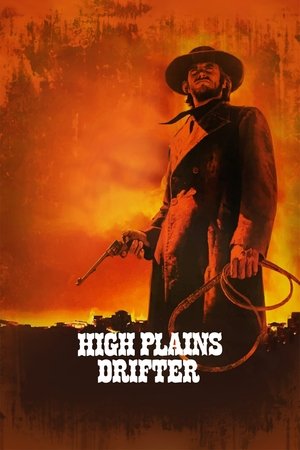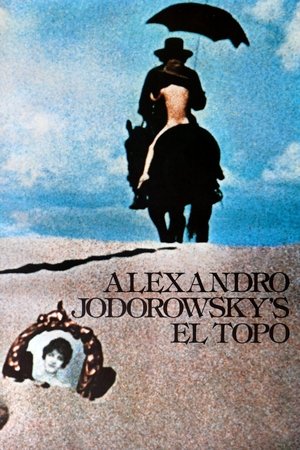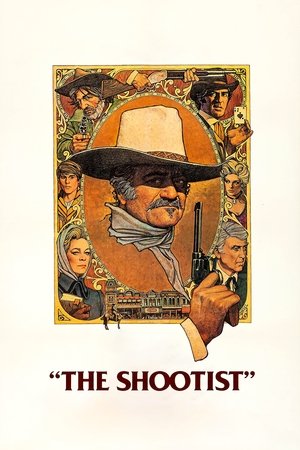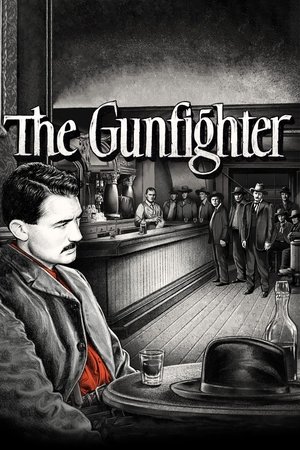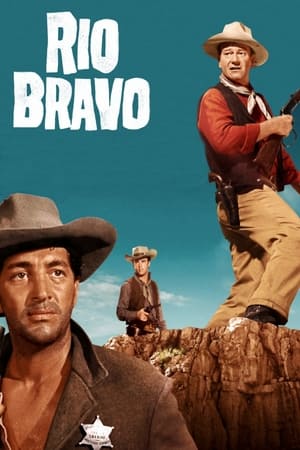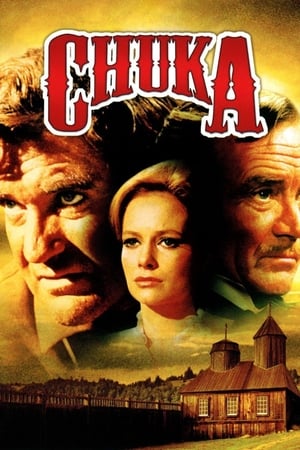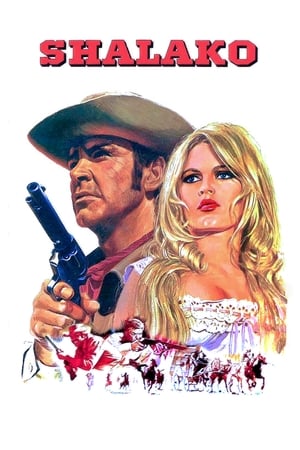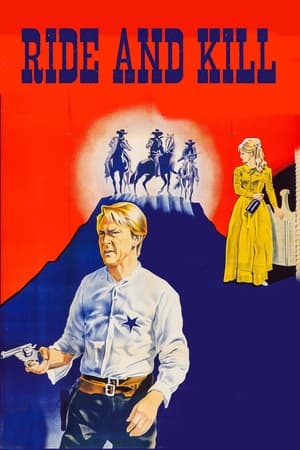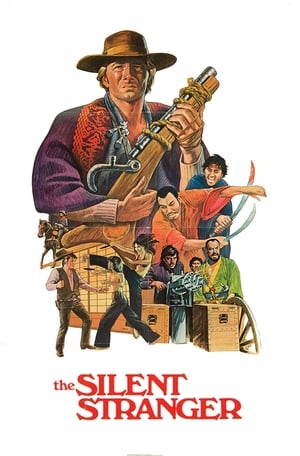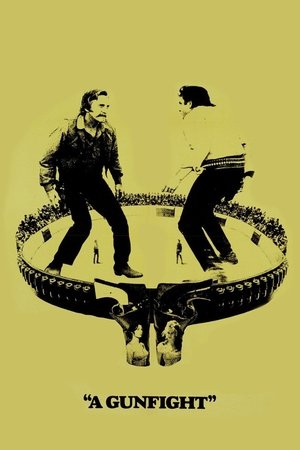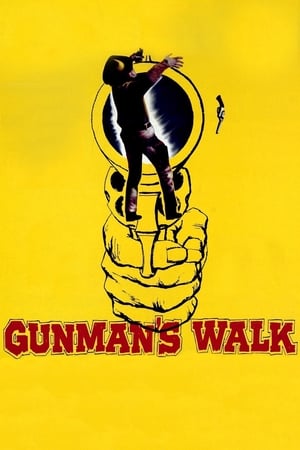Overview
An ex-gunfighter woos two women while avenging his brother, victim of a crooked gambler.
Reviews
John Sands: Even Billy the Kid backed down from him!
Panhandle is directed by Leslie Selander and written by John C. Champion and Blake Edwards. It stars Rod Cameron, Cathy Downs, Reed Hadley, Anne Gwynne, Blake Edwards, Dick Crockett and Rory Mallinson. Music is by Rex Dunn and cinematography by Harry Neumann.
John Sands (Cameron) has to return to his gunfighter ways when news reaches him that his brother has been murdered...
Filmed in Sepiatone and a little more serious than many other 1940's Westerns, Panhandle is a satisfying experience for genre enthusiasts. Formula is rife as we would come to know it in Oaters, though, as picture ticks off the check list: badman turned good who is forced to turn bad again for revenge, romance tingling in the air, quick draw shoot-outs, punch-up, weasel villain and his hired cronies, poker games with the inevitable cheat called out and the "hooray" finale. All of which is nicely directed and performed by the cast. The location scenery doesn't get much chance to shine through, and in truth the Sepiatone does little to improve the picture, but this is easily recommended to the Western faithful. 7/10
Randolph Scott lookalike Rod Cameron is "Sands", a former lawman who travels to a Texas town to investigate the shooting of his newspaper-man brother. Upon arrival, he quickly discovers the town, indeed the territory, under the heel of "Matt Garson" (Reed Hadley). With the help of his secretary "Dusty" (Cathy Downs) he vows to avenge his brother's death. It's quite eerily shot - much of the action takes place at night, in torrential rain, but the story is all just a bit too well travelled, and neither the actors nor the script offer much by way of innovation. This is still a perfectly watchable B-feature that dawdles for the first half hour before finally picking up just enough speed to hold the attention. It's too long - but then films were frequently elongated to accommodate the paying public's appetite for cinema, rather than because the story justified it.

 85 min
85 min
 5.7
5.7
 1948
1948
 USA
USA
 John Chard wrote:
John Chard wrote: